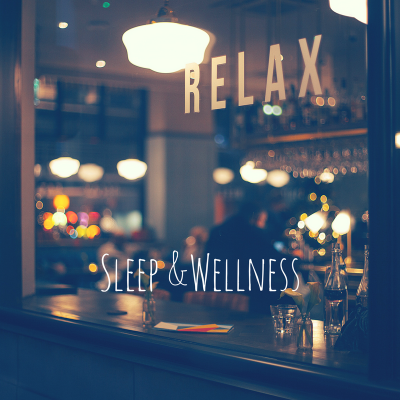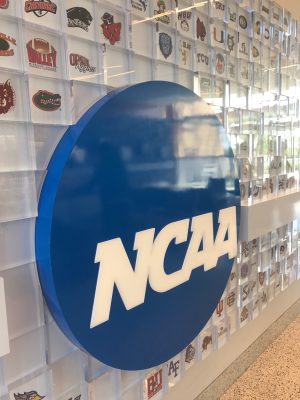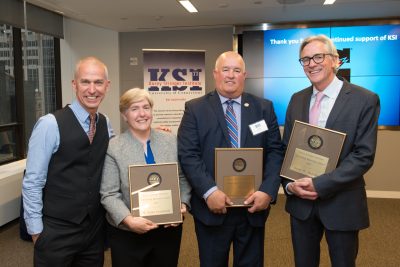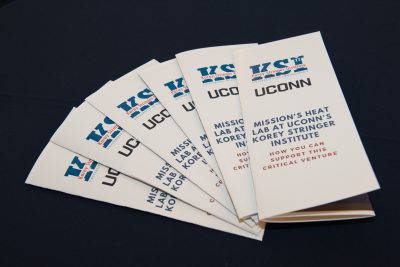Like so many other parents, Ellen and Mark Newman of Great Neck took their son Ariel to New York’s John F. Kennedy airport to see him off as he embarked on a gap year that was filled with promise, that would help him grow in his Torah studies and would also give him a deep appreciation for the land of Israel. Little did they know that in just over one week, their only child, conceived after years of fertility treatments, would be dead, having succumbed to heat exhaustion after a grueling two day hike in the Judean Desert.
Ellen Newman recalls just how happy she and her husband had been months earlier when they decided on a yeshiva program in Gush Etzion for 18-year-old Ariel, then a student at Yeshiva University High School for Boys.
“It was half a day learning and the rest of the day was other activities,” Mrs. Newman told Olam Yehudi. “We thought this program was perfect because of its emphasis on the love of the land, love of the people and the love of the Torah. We couldn’t believe how lucky we were to have found this yeshiva for Ariel.”
Tragically, nothing could have been further from the truth.
On September 9, 2014, the seventh day of the yeshiva term, Ariel and his classmates set out for a two-day hike in the Judean Desert. The outside temperature was classified as “extreme heat,” hardly appropriate weather to take a group of young men who were not seasoned hikers and had yet to accustom themselves to the extremely hot Israeli climate.
The first day of the trek, which included hiking through waterfalls, proceeded smoothly enough, but things deteriorated on the second day. Most of the young men had slept poorly during the night, kept awake by biting insects. By 8:00 a.m. the next day, the group was moving again and temperatures soared as high as 98 degrees with no cooling waters to refresh the hikers as they trudged on. On several occasions, Ariel begged the tour guide to evacuate him to safety, telling him he could not continue, but his pleas went unheeded. At 2:00 p.m., after six hours of hiking under punishing conditions, Ariel collapsed. Doctors at Hadassah Medical Center were unable to revive him as his internal body temperature measured a shocking 109 degrees. The medical staff could do nothing but call the Newmans and tell them their only son was dead.
It wasn’t until weeks later that the Newmans learned the true cause of Ariel’s death: exertional heat stroke and dehydration. Both could have been easily prevented.
The more research the Newmans did on EHS the more they realized that while they couldn’t bring back their son, they could take steps to prevent others from the devastating loss they had endured. They got to work with experts in the field, putting together a document called “Ariel’s Checklist” to raise awareness about EHS, which can cause severe organ damage or even death.
Available in Hebrew and English, “Ariel’s Checklist” is a ten-point guide compiled over a 14-month period by the Newmans in conjunction with Dr. Robert Huggins and Dr. Douglas Casa of the University of Connecticut’s Korey Stringer Institute and Professor Yoram Epstein of the Heller Institute of Medical Research of Israel’s Sheba Medical Center. A lengthier and more detailed version of “Ariel’s Checklist” is available for those who lead hikes.
“‘Ariel’s Checklist’ has the approval of the world’s two leading scientific authorities,” said Mark Newman. “It is 100% scientifically valid.”
Among the steps listed in “Ariel’s Checklist” are ensuring that individuals be given 10 to 14 days to acclimatize themselves to an unfamiliar climate, wear loose fitting clothing, get at least six to eight hours of sleep prior to engaging in strenuous activity, and drink enough fluids to ensure proper hydration. In Ariel’s case, not a single one of those precautions was taken. Ariel, who weighed over 200 pounds, was wearing black nylon track pants, was inadequately hydrated, was unaccustomed to the climate and was operating on minimal sleep.
“Israelis are fit for the most part,” said Mrs. Newman. “They go into the army and are trained, but our yeshiva boys and seminary girls are not. They are used to studying long hours and riding on buses. Then they come to Israel and may not really be in great shape or accustomed to the desert heat and when they complain Israelis don’t always take them seriously.”
The Newmans’ primary goal is to heighten awareness for parents who send their sons or daughters off for a gap year.
“Typically when we send our kids off, we expect them to be safe and we expect the people in charge to take the necessary safety precautions,” said Mark Newman. “We were under the impression that Israel is the 51ststate; it just happens to be in the Middle East. If all you ever do is go as a tourist or send your kid to yeshiva or seminary, you are in the American bubble and just don’t know the truth of what really goes on in Israel.”
Since the release of “Ariel’s Checklist,” the Newmans have received tremendous positive feedback from a wide variety of people, including roshei yeshiva, government officials, friends and total strangers who have praised the document for both its content and its readability.
“There is a prevalent attitude in Israel that we have done it before and nothing has happened so it must be safe, but we know that that isn’t true,” said Mrs. Newman. “Not everyone who gets a heat illness dies. Ariel’s case was the extreme, but when you think about how he screamed out and was ignored, it becomes the most outrageous of the outrageous. It is vitally important for people to read “Ariel’s Checklist” and hold yeshivos and seminaries accountable for knowing this information and ensuring everyone’s safety.”
To find out more and to download the checklist, visit www.ArielsChecklist.com.




